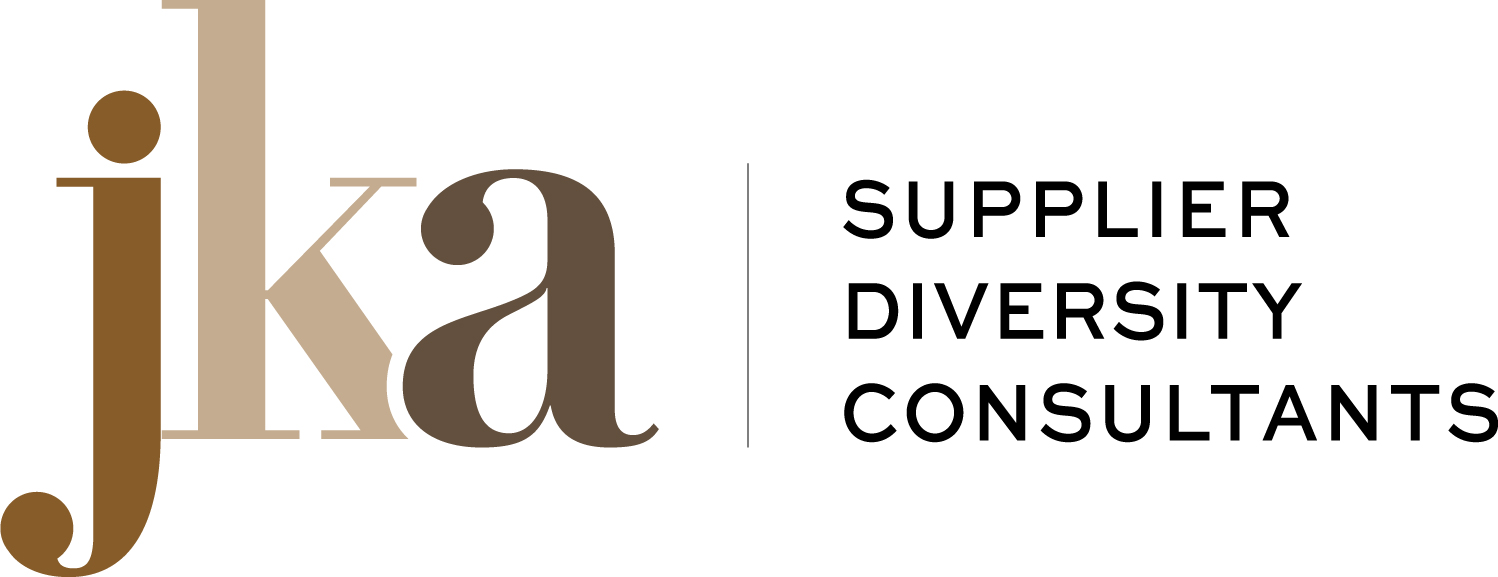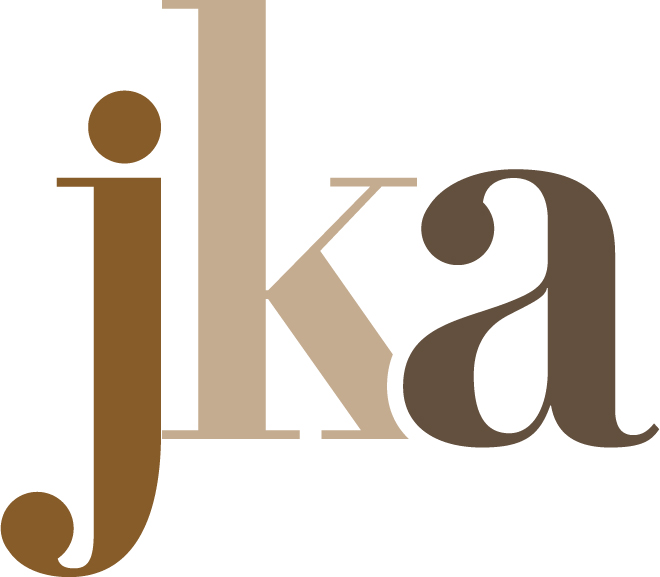Last week, I had the distinct honor of speaking on a panel at the City & State Diversity Summit, diving deep into New York’s most significant upcoming projects. Let me tell you, the opportunities are vast. In 2022 alone, over $43 billion in construction contracts were awarded, and there’s even more on the horizon. What’s truly exciting is that billions of dollars are earmarked specifically for local and MWBE participation.
Here’s the heart of the matter: our community needs to be actively engaged and ready to tackle these larger projects. We have to think bigger. We need to ask ourselves, how can small, minority, and women-owned businesses secure a larger piece of this pie? Too often, the narrative is about what we lack—capital, resources, support. Yes, many of us face challenges with back-office operations, bonding, and financing. But as business owners, overcoming these hurdles is part of our journey. The way forward is by expanding our networks and surrounding ourselves with supportive allies.
It’s important to recognize that minorities and women often face greater barriers when it comes to accessing opportunities and credit. For example, it wasn’t until 1974 that women in the United States could sign a bank loan without their husband’s permission, thanks to the Equal Credit Opportunity Act (ECOA). This act made it illegal for creditors to discriminate based on sex or marital status, allowing women to obtain credit in their own names.
Think about this: a 2019 Federal Reserve report found that Black and Hispanic applicants were denied mortgages at much higher rates compared to White applicants. Specifically, Black applicants had a denial rate of about 16%, Hispanic applicants 10.8%, and White applicants 7%. Moreover, studies have shown that minorities often receive higher interest rates on loans. A 2018 study by the Center for Investigative Reporting found that Black and Latino borrowers were 2.5 times more likely to be charged higher interest rates compared to White borrowers with similar financial profiles.
To get credit, you need collateral, and our community still faces widespread discrimination. As of 2020, the U.S. Census Bureau reported that the homeownership rate for Whites was 73.7%, compared to 44.1% for Blacks and 48.4% for Hispanics.
I’m sharing this because I am tired of the narrative of lack. We need to acknowledge that we have a lot of catching up to do, and the way to do that is by creating our own networks and supporting each other. We can adopt innovative strategies to overcome these challenges, such as forming consortiums, leveraging technology, and finding creative ways to secure funding. By thinking big and being innovative, we can make significant strides.
To overcome these challenges, we must build our own networks and support one another. Many larger firms are actively looking for qualified MWBEs to include on their bid lists—this is a vital opportunity. Additionally, I was thrilled to hear that the NYC DOT is adjusting their goals based on the availability of qualified local DBE firms, which means more opportunities for companies in professional services. This opens up new avenues for collaboration in back office, insurance, staffing, and other professional services.
Let’s seize these opportunities together and think big!





